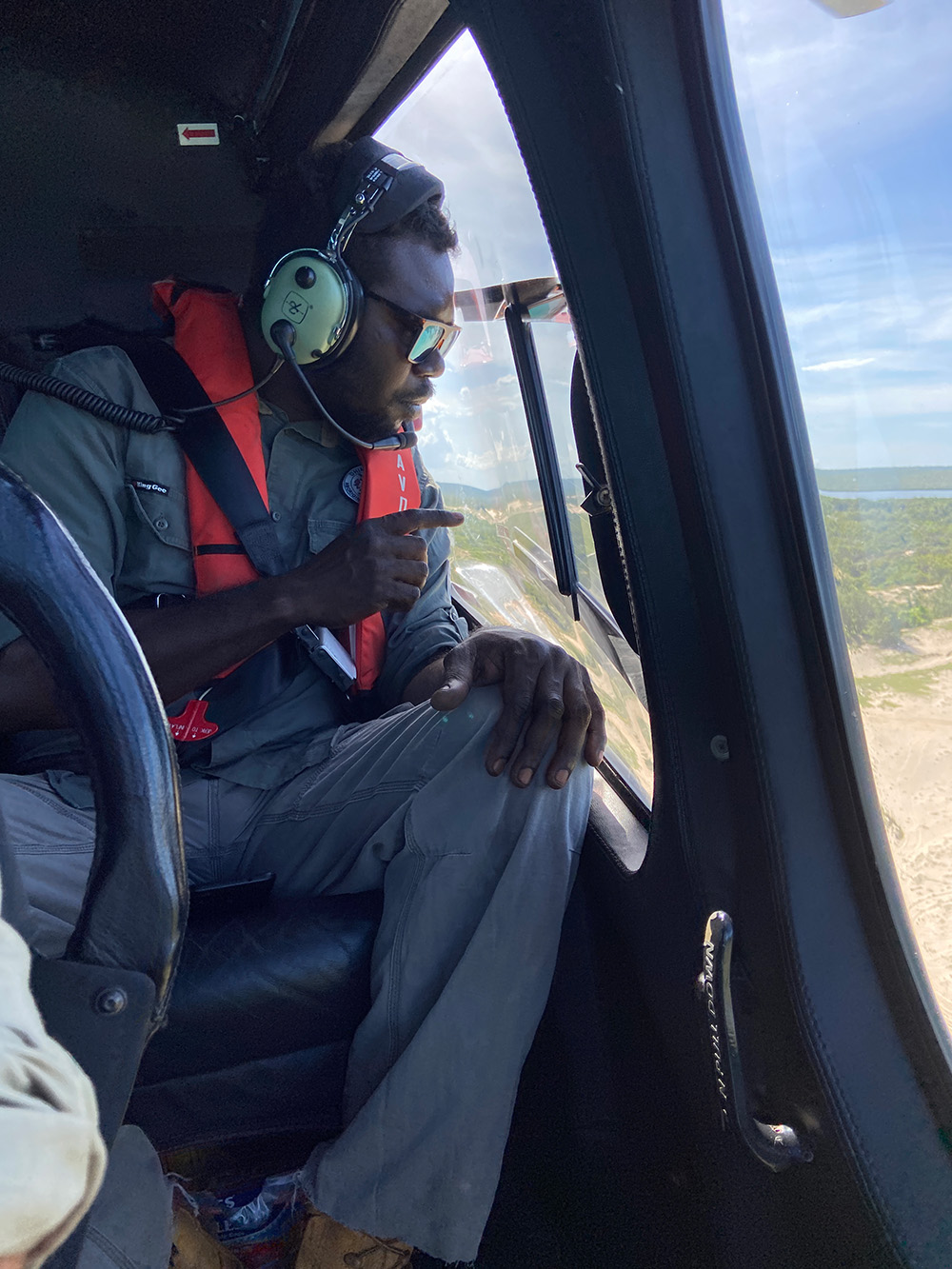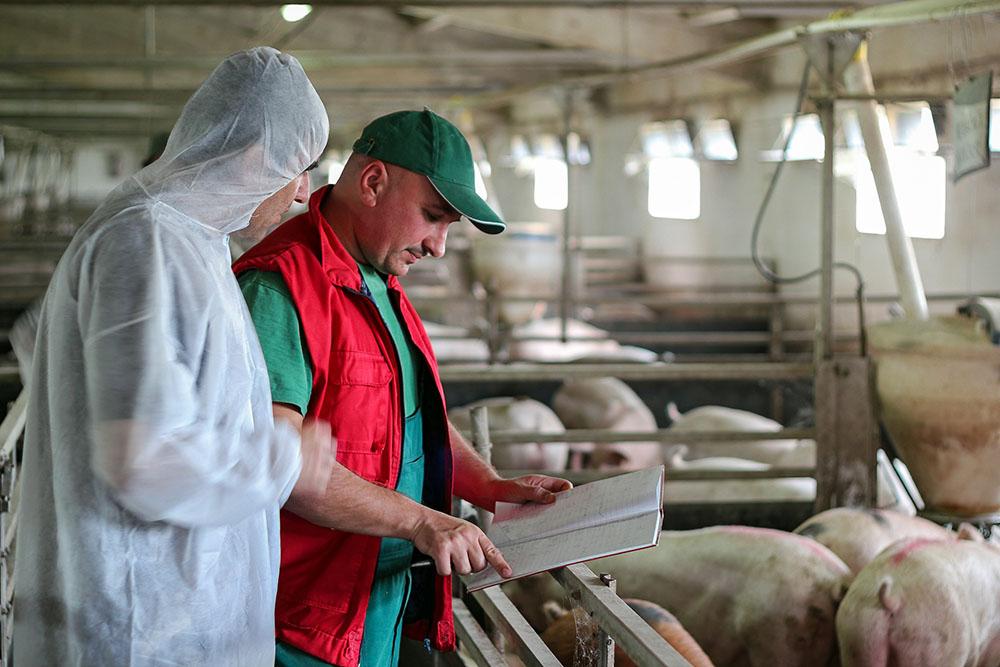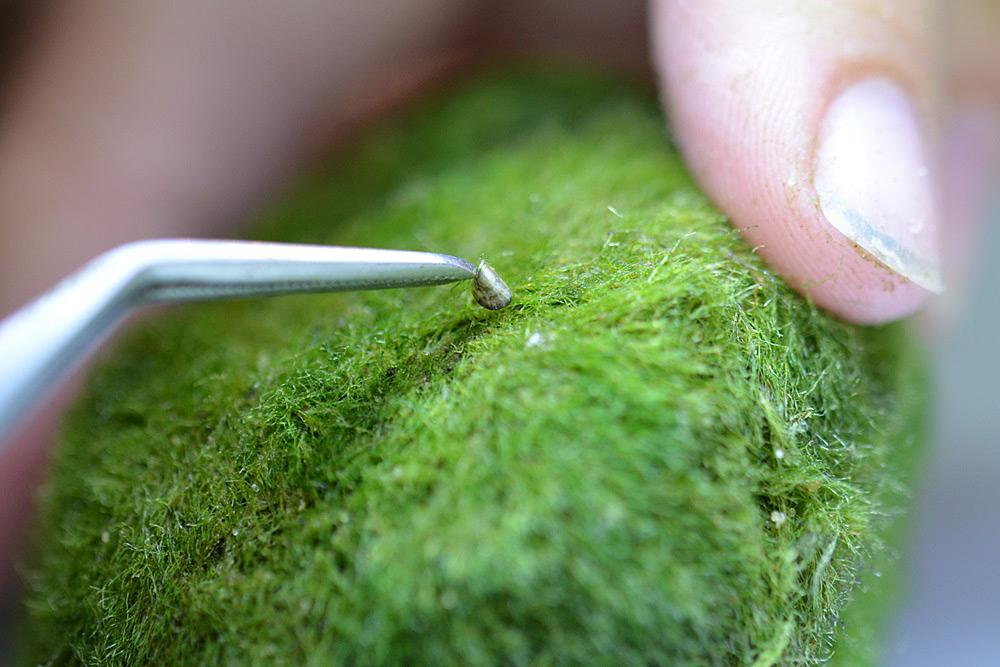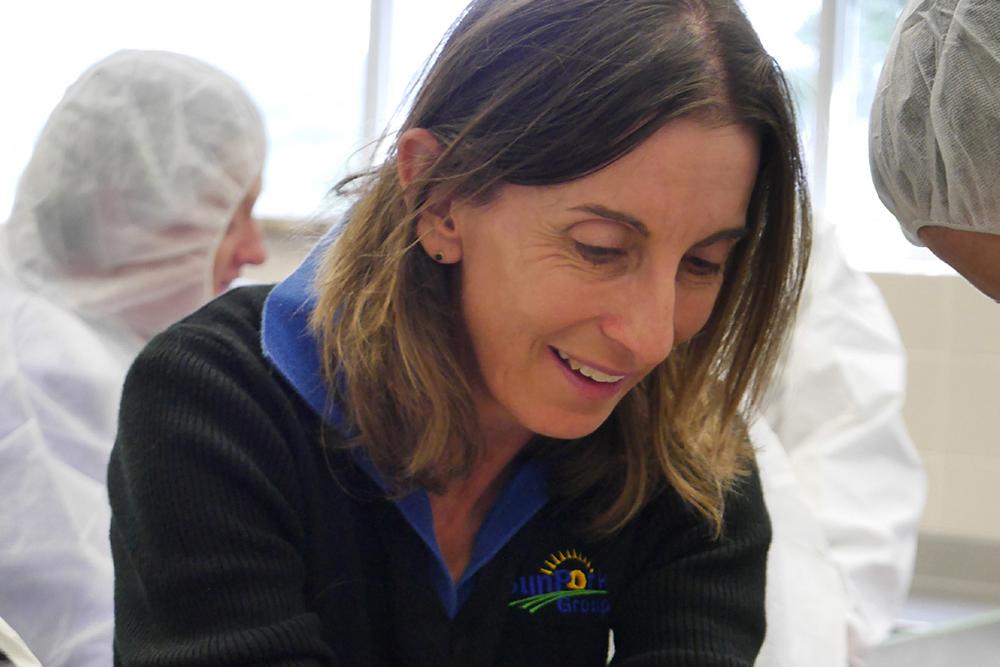Prevailing currents and conditions in the Torres Strait, and the Arafura and Timor Seas, make our region vulnerable to some of the highest densities of marine pollution in the world.
Indigenous Rangers are on the front foot in protecting our marine environment, by undertaking aerial observations to spot marine debris and ghost nets. These hazards are among the most damaging types of plastic pollution found in our oceans and can entangle many marine species, causing injury or death.
Due to the region’s challenging terrain and limited access to coastal Traditional Estates, undertaking aerial observation activities is critical to spotting ghost net and marine debris hot spots, so we can target clean up resources.
In the first operation of its kind, earlier this year 27 rangers teamed up with the Indigenous Ranger Coastal Clean Up Project (IRCCP). They flew 4,000 nautical miles over 9 days throughout the Gulf of Carpentaria, to geolocate a staggering 2,559 ghost nets.
This data is an invaluable insight for planning and on ground operations, that help Traditional Owners manage marine pollution.
To find out more about the work of Indigenous Rangers, go to:




